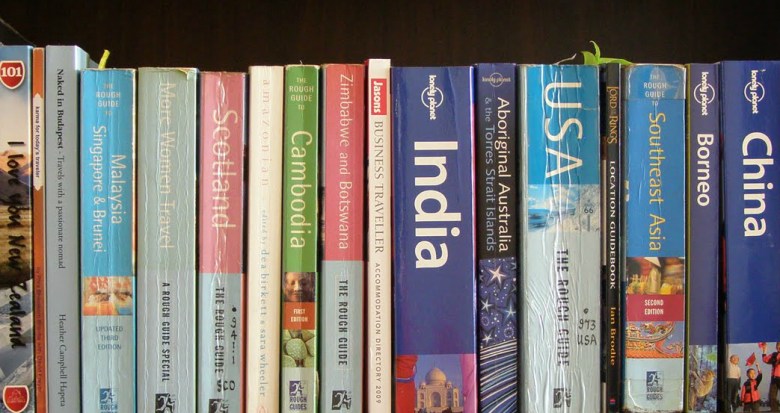
Print industry figures are warning against a review of the competition laws, which is calling on the government to dump parallel importing, saying it will have ‘significant effects’ on Australian book printers. The Ian Harper Competition Policy Review has made many recommendations to the Abbott government. Among them it says the market restrictions, which ban giant retailers from importing cheap overseas books, be lifted to ‘increase competition and reduce cost of books’. The current importing law allow Australian publishers 14 days to establish their copyright in a particular book by making it available in Australia and print them locally. Once this takes place, the book retailers are banned from importing more than a single copy from overseas suppliers.
Speaking with the Australian Printer, Bill Healey, CEO of Printing Industries Association of Australia (PIAA), says the current system is working well and any changes to the industry’s arrangement will ‘significantly affect’ the Australian community. Hey says the changes will particularly affect the PMP and Opus owned book printers in Victoria and South Australia, where ‘entire’ communities’ livelihood depend on the printing houses, which employ most of them. Healey says, “The first thing this deregulation will lead to is job losses. Second, it will lead to the loss of Australian stories. If there is no Australian publisher and printer, then who will print the local stories? It will also affect the creative, including graphic designers. “Thirdly, the dumping of the parallel importing cannot be considered without industry consultation, which will ensure there is a smooth transition.” Michael Gordon Smith, chief executive of Australian Publishers Association, says the government needs to look to UK and take note of how parallel importing laws have protected their publishing industry. Smith says, “If we look at New Zealand evidence shows that since they deregulated the parallel importing laws their publishing industry has shrunk with many smaller publishers closing their doors. UK on the other hand has protected their industry by maintaining the parallel importing laws, which has nourished their industry. “The dumping of parallel importing laws in Australia is to the detriment of the publishing industry, which would see a decline in local authors being published and smaller publishing houses forced to shut down. “The simplistic treatment is that if there is more competition the cost of the books would go down, but that does not take into account the complexity of the publishing rights of a book. And if the prices do go down, they will not be noticeable.” He rejects the Harper review of parallel importing laws, saying it has not demonstrated a ‘strong case’ and the comparisons are often not correct as it compares a ‘boutique store with a large book retailer’. “The current system is working sufficiently and changing it will result in jobs losses, company closures, and most importantly prevent publishers from taking risks with the less known authors and not publish their books.” Healey says the publishers took note that 30 days to confirm copyright, which was the case prior 2012, for a particular book was too long and changed it to two weeks, ‘so there is no need for government intervention or policy change’. “The industry has proven it can self-regulate. And if this government does not take into consideration those initiatives, and simply ignores our views then we will encourage the upper house to not support the bill,” Healey says. “It must be remembered that the bill has not gone through the house yet, and to ensure the government is doing the right thing by the industry, we have invited the minister responsible to meet with the publishers to discuss the future of the industry.”
Comment below to have your say on this story.
If you have a news story or tip-off, get in touch at editorial@sprinter.com.au.
Sign up to the Sprinter newsletter

